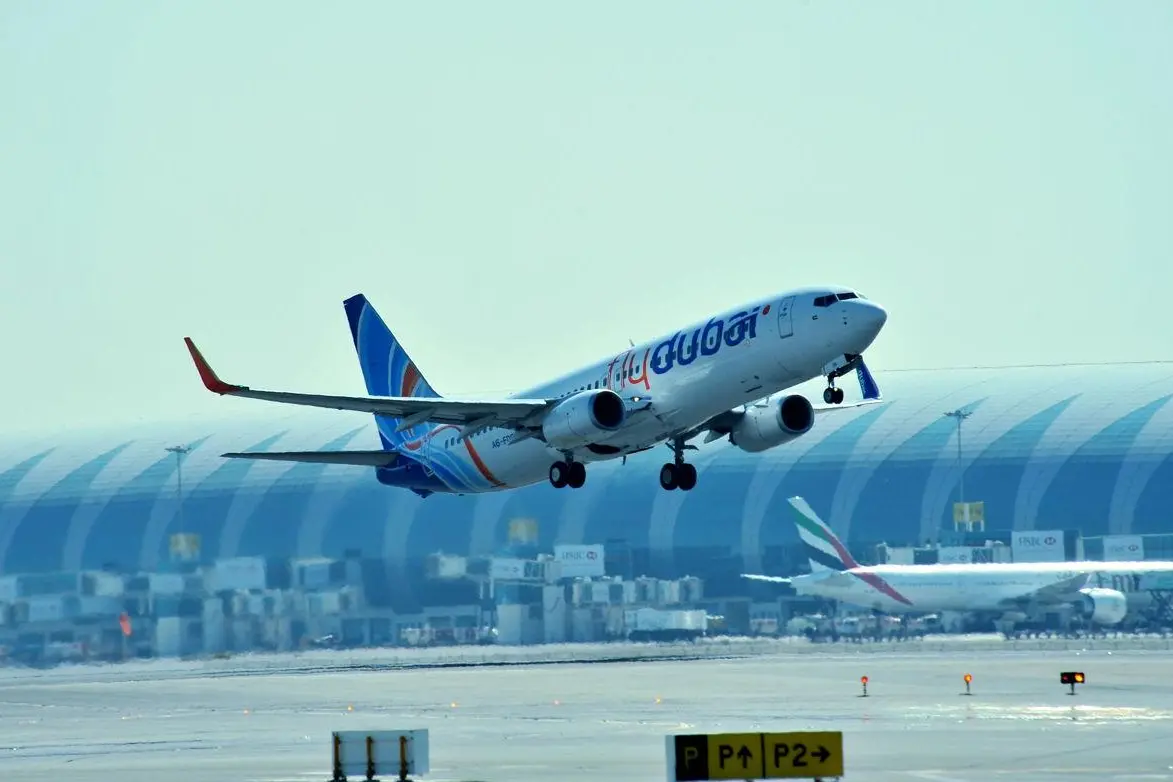PHOTO
Low-cost carriers (LCC) are powering up the Middle East aviation market and capturing an ever-increasing market share, driven by customer preferences shifting towards this type of service.
LCCs recorded a 9.3 percent increase in seat capacity in 2019 and its share of total seat capacity across the Middle East increased to 16.5 percent in 2019, from 14.9 percent in 2018, an Arabian Travel Market (ATM) report said citing CAPA Centre for Aviation.
ATM will take place at Dubai World Trade Centre from 19-22 April 2020.
Over the next 12 months, LCCs are predicted to continue to grow in market share, with Saudia’s LCC subsidiary, flyadeal, becoming the region’s largest airline by seats in 2019 and recording a capacity growth of 78.1 percent, the report said.
“Situated within eight-hours of two-thirds of the world’s population and located between the major cities of Europe in the northwest, the fast-developing East African cities in the west and India and Pakistan in the east – the Middle East is the ideal location to set up a budget airline, attracting passenger traffic from within the region as well as from across much of the eastern hemisphere.”
In October 2019, Air Arabia and Etihad Aviation Group announced strategic plans to launch a new budget carrier based in the Abu Dhabi airport. Air Arabia Abu Dhabi will become the capital’s first low-cost airline.
Also, in October, India’s SpiceJet announced plans to launch an airline that will be based at Ras Al Khaimah International Airport to start direct flights between RAK and New Delhi.
Abu Dhabi Developmental Holding Company and Wizz Air, a Hungarian low-cost carrier, announced in December that they had reached an ‘agreement in principle’ to set up a new airline based in Abu Dhabi.
“The rise of LCCs in the region appears to be bringing some fresh momentum to the aviation industry, with research predicting 50 percent of airline traffic to be on routes of less than 2,000 miles by 2038, a trend which Airbus described as ‘fertile territory for the LCC business model’ in their most recent report,” Curtis said.
(Writing by Gerard Aoun; editing by Seban Scaria)
Disclaimer: This article is provided for informational purposes only. The content does not provide tax, legal or investment advice or opinion regarding the suitability, value or profitability of any particular security, portfolio or investment strategy. Read our full disclaimer policy here.
© ZAWYA 2020





















